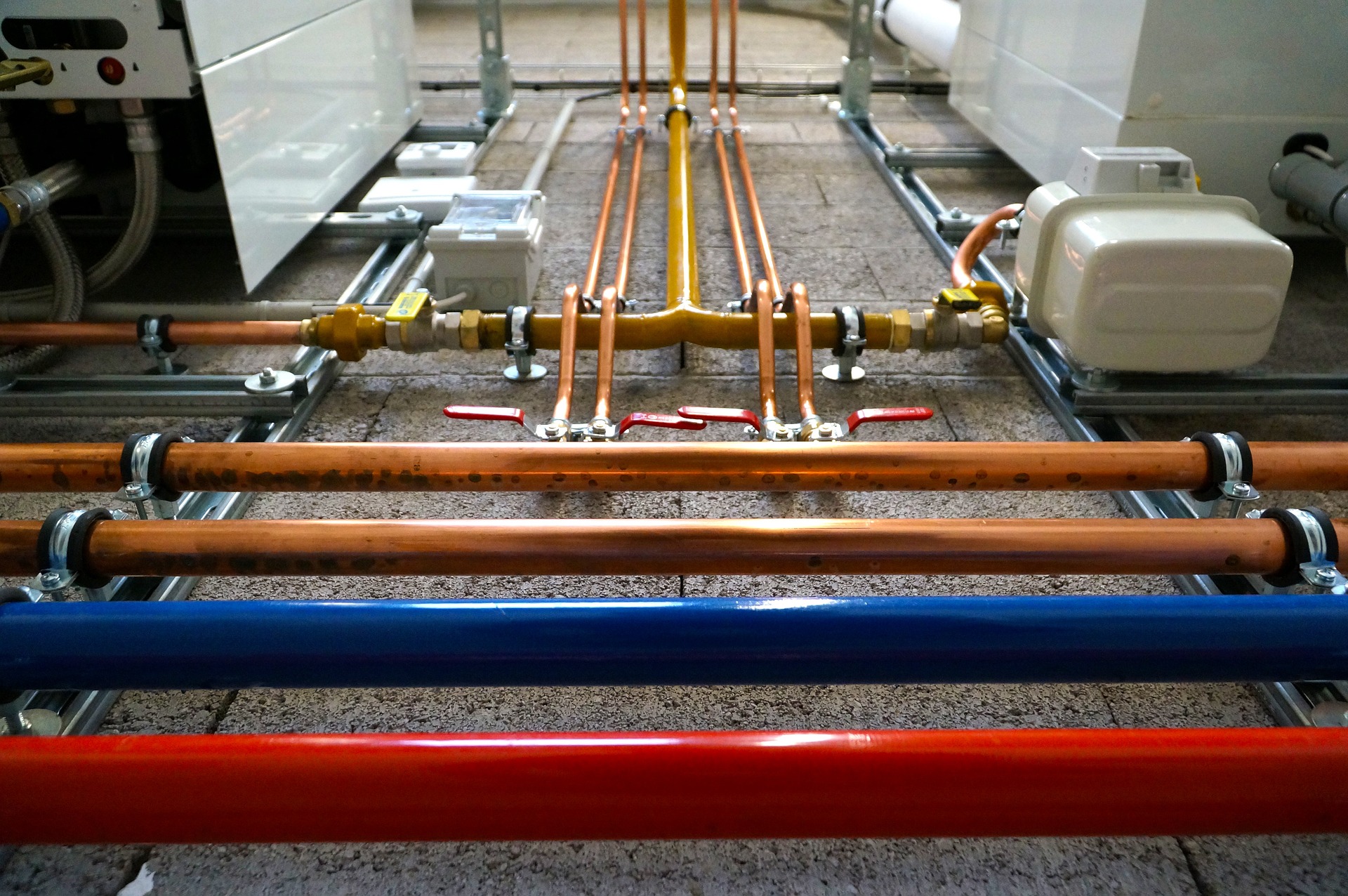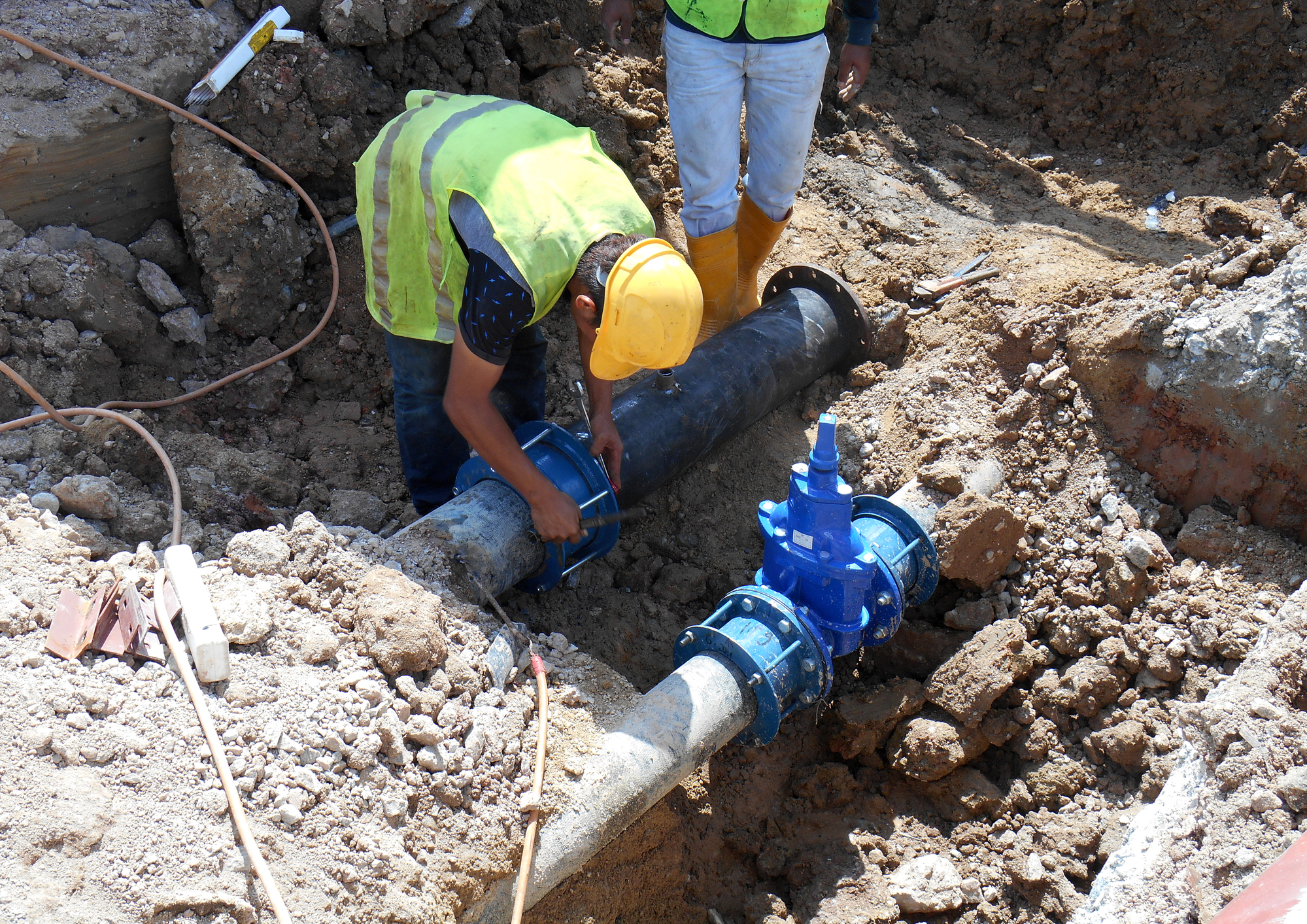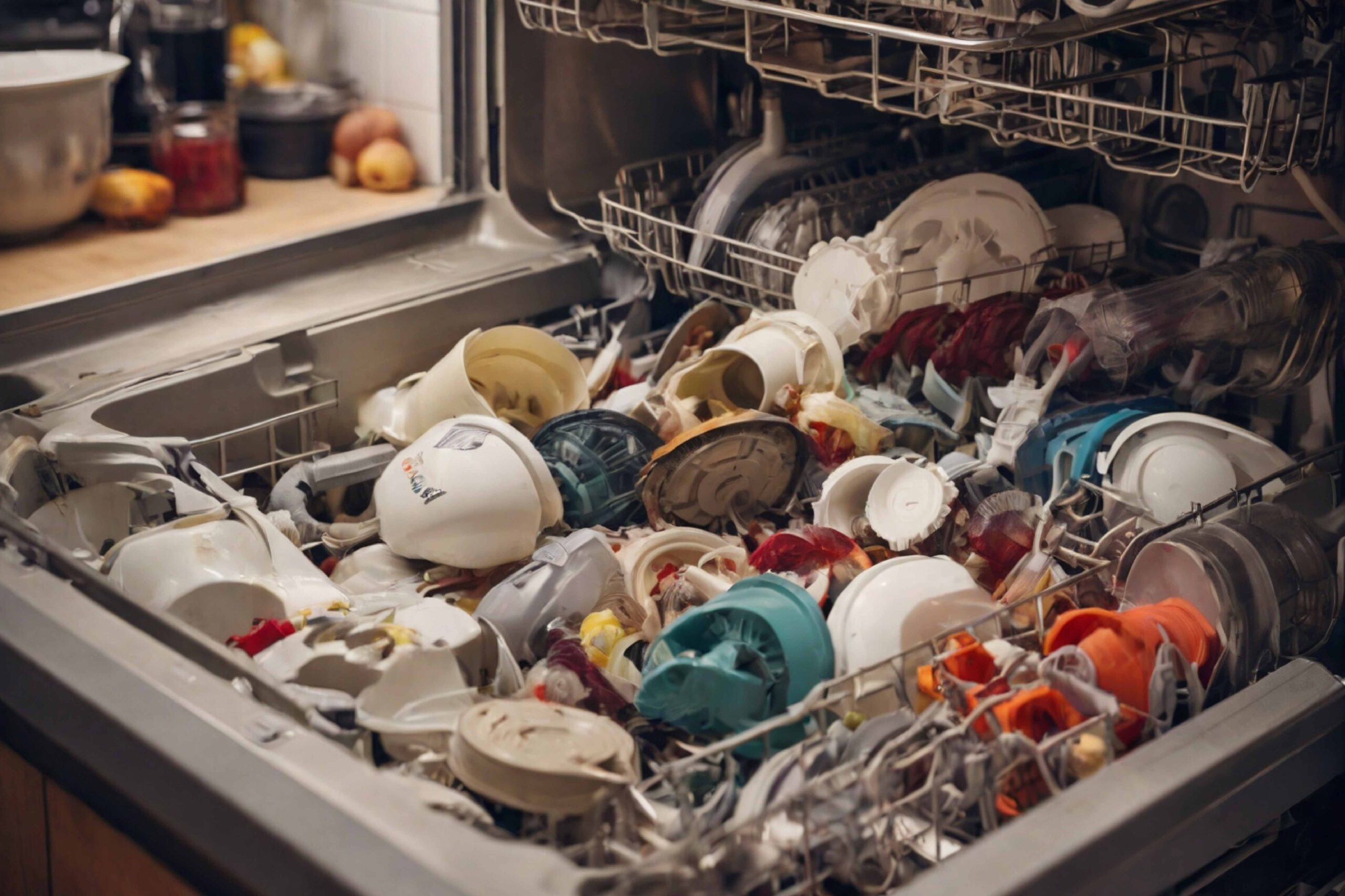In every home, the kitchen is the heart. It is a place where you need to prepare meals and maintain cleanliness. But not just in the kitchen another handy place is your bathroom. With the combination of the two places, we get a dishwasher and garbage disposal. They work together to make our daily chores a bit easier.
But, a common question arises: can you run dishwasher if garbage disposal broken? Let’s dive into the topic, on how these appliances interact and what to do if you face this issue.
Knowing the Link Between Your Dishwasher and Garbage Disposal
Before we start it’s essential to know why your dishwasher and garbage are companions. These appliances have connections through the same drainage line. The dishwasher drains its water through a hose that feeds into the garbage disposal. This setup is usually efficient but also means a problem with one can affect the other. So, when facing confusion can you run dishwasher if garbage disposal broken? the answer isn’t always straightforward.

Can You Run Dishwasher If Garbage Disposal Broken?
The short answer is, it depends. If your garbage disposal is merely broken in a way that it can not turn on. But water can still pass through it, then your dishwasher should be able to drain properly. If your garbage disposal is not working like it’s not grinding but still allows water to pass through. Your dishwasher should be able to drain without issues. However, the situation gets trickier if the disposal has a clog. A clog can prevent water from escaping, which might lead to water backing up in your dishwasher. This is why when pondering “can you run dishwasher if garbage disposal broken?”. It’s crucial to assess the type of problem at your disposal first.
Steps to Troubleshoot a Clogged Garbage Disposal
Now, let’s talk about what to do if you suspect that your garbage disposal is clogged. Here are some simple steps to troubleshoot the issue and get your kitchen back in working order:

Power Off
First things first, you’ll want to make sure the power is off to the garbage disposal. Locate the circuit breaker or switch controlling the disposal unit and switch it off to avoid any accidents.
Check for Blockages
Grab a flashlight and take a peek into the disposal chamber. Look for any visible blockages, like food particles or debris, that might be causing the clog.
Use a Plunger
If you can’t see any blockages, try using a plunger to dislodge the clog. Fill the sink with enough water to cover the bottom of the plunger, place it over the disposal drain opening, and give it a few good plunges.
Reset the Disposal
Many garbage disposals have a reset button that you can use to clear minor clogs. Find the reset button, usually located on the bottom or side of the unit, and give it a press.
Turn the Power Back On
After you’ve tried troubleshooting, restore power to the garbage disposal and run some cold water to see if the clog has cleared. If the disposal still isn’t working properly, you may need to call in the professionals for further assistance.
DIY Tips: Clearing the Way
Discovering a clog, especially from something like rocks, can be a hassle. If you’re wondering how those rocks ended up there, well, it could be from a variety of sources, including an unnoticed rock on a plate.
Here’s a gentle reminder and guide on how to tackle this without turning your kitchen into a plumber’s workshop:
- Safety First: Always turn off the power to both your dishwasher and garbage disposal to prevent any accidents.
- Remove Obstructions: Using tools like pliers, carefully remove any rocks or debris. It’s a task that requires patience and a bit of elbow grease.
- Check and Test: After clearing, run the disposal briefly with water to ensure it’s smooth sailing.
The Heart of the Matter: Maintenance and Care
Now, you might have cleared the clog, but maintaining these appliances is key to avoiding the question, “can you run dishwasher if garbage disposal broken?” in the future.
Here are some simple yet effective tips:
- Always use cold water when running the disposal.
- Avoid disposing of hard objects that could lead to clogs or damage.
- Keep greasy substances away from your disposal to prevent buildup.
What Not to Do While Dealing with a Garbage Disposal:
Now, let’s talk about what not to do when you’re dealing with a garbage disposal issue.
Here are some common mistakes to avoid:
Inserting Hands
Never, insert your hand inside the disposal even when it’s off. Those blades are sharp, and you could seriously injure yourself.
Using Harsh Chemicals
Avoid using chemical drain cleaners to unclog the disposal. Not only can they damage the unit, but they can also be harmful to you and the environment.
Overloading the Disposal
Try not to overload the garbage disposal with too much food at once. It’s better to take it slow and let the disposal do its job properly.
Seeking Professional Help vs. DIY
While a bit of DIY can fix minor issues. There comes a time when calling in the experts is the best course of action. Even after a bit of twerking if you are wondering can you run dishwasher if garbage disposal broken? Then you should call for a professional. They can offer a comprehensive check and repair that goes beyond a simple clog removal. Ensuring your kitchen goes back to being the heart of your home, full of life, and free of plumbing woes.
Conclusion,
Navigating the question “can you run dishwasher if garbage disposal broken?” requires a bit of knowledge, a dash of DIY spirit, and sometimes, the help of a professional. By understanding how these appliances work together, you can ensure that a broken garbage disposal doesn’t bring your kitchen to a standstill. Remember, a well-maintained kitchen is a happy kitchen. Your dishwasher and garbage disposal will continue to work in harmony. With just your simple care and patience.






